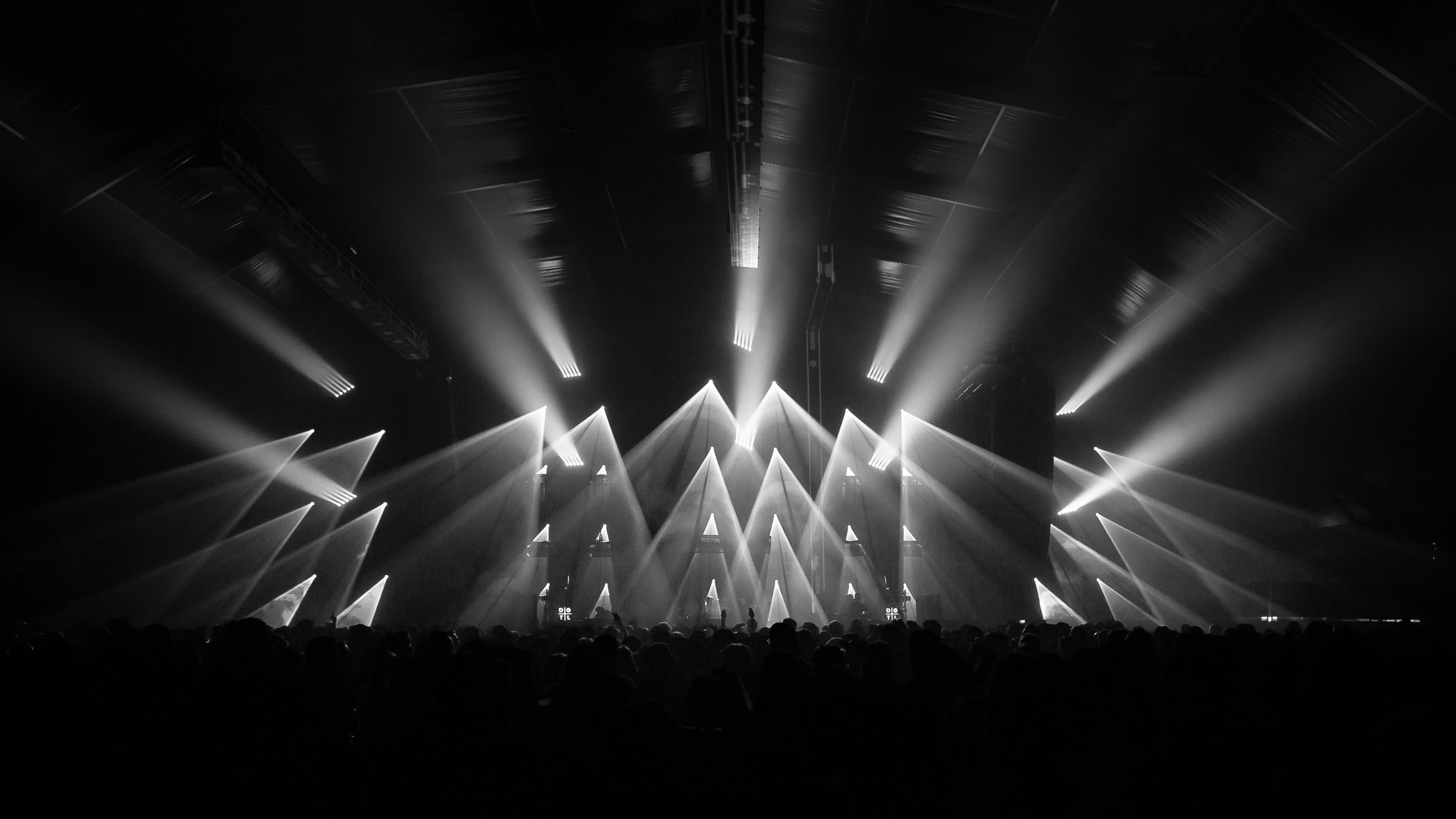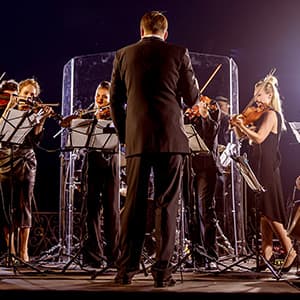

Ravel Tickets
Up to 30% Off Compared to Competitors.
Location: Select Location (e.g, New York)
Events Nearby
We're Sorry. There are currently no events near you.
About Ravel
Currently, Ravel's compositions are frequently performed in concert halls around the world, with 'Boléro' leading the charge as one of the most requested pieces in orchestral repertoire. Major symphony orchestras and chamber ensembles routinely include Ravel's works in their concert programs, celebrating his genius and the emotional depth of his music. Recent events include performances of Ravel's 'Pavane pour une infante défunte' and 'Daphnis et Chloé' at prestigious festivals and concert series. Many classical music festivals, such as the BBC Proms and the Salzburg Festival, have dedicated segments to Ravel's work, reflecting his enduring legacy. Additionally, there are numerous recordings and live-streamed performances available, allowing fans and new listeners alike to engage with Ravel's music from anywhere in the world. The combination of live performances, modern interpretations, and digital access ensures that Ravel's music continues to thrive in contemporary concert culture.
Ravel History
Maurice Ravel, a prominent French composer born in 1875, is renowned for his contributions to the early 20th-century classical music scene. His works are characterized by their intricate melodies, innovative orchestration, and rich harmonic language. Ravel's music gained immense popularity during his lifetime, particularly with pieces like 'Boléro,' which became a hallmark of his style and is still celebrated today. Ravel's concerts often featured his brilliant piano compositions, chamber music, and orchestral works. He was also known for his unique ability to blend various musical influences, including jazz and Spanish music, which he incorporated into his live performances. Ravel's concerts frequently showcased his innovative approach to rhythm and texture, making him a pivotal figure in the Impressionist movement. His works have continued to resonate with audiences, and his concert performances remain a significant part of classical music history.
